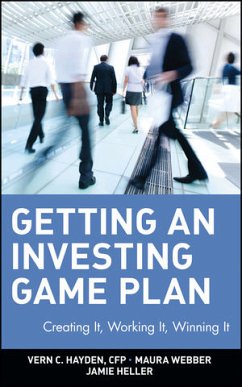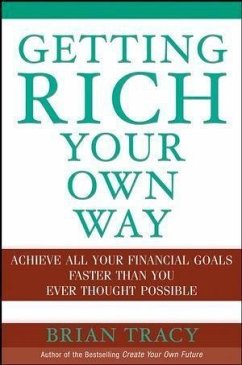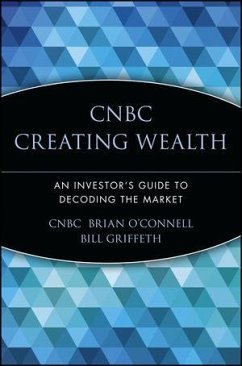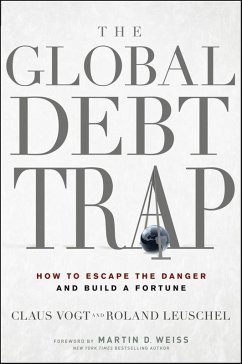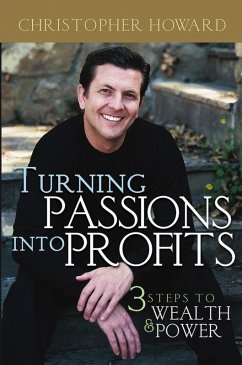
The Ms. Spent Money Guide (eBook, PDF)
Get More of What You Want with What You Earn

PAYBACK Punkte
0 °P sammeln!
Change your spending habits to achieve your personal andfinancial goals The hardest part of personal finance for most people is livingwithin their means. Spreadsheets, budgets, and tables make moneymanagement seem like hard work. In The MsSpent MoneyGuide, readers are introduced to an innovative approachthat focuses spending habits to allow for everyday costs and futureexpenses while finding money for things you really enjoy. MsSpent's bottom line is to help people have a more fulfillinglife by helping them clarify their financial goals as well asdevelop systems and habits that manage their sp...
Change your spending habits to achieve your personal andfinancial goals The hardest part of personal finance for most people is livingwithin their means. Spreadsheets, budgets, and tables make moneymanagement seem like hard work. In The MsSpent MoneyGuide, readers are introduced to an innovative approachthat focuses spending habits to allow for everyday costs and futureexpenses while finding money for things you really enjoy. MsSpent's bottom line is to help people have a more fulfillinglife by helping them clarify their financial goals as well asdevelop systems and habits that manage their spending. We are allunique and there is no single way to manage money. TheMsSpent Money Guide helps each individual discover a waythat will work for them. Readers of all ages will benefit fromMsSpent's message-if you are clear about your values, you will getmore of the life you want with the money you have.
Dieser Download kann aus rechtlichen Gründen nur mit Rechnungsadresse in A, B, BG, CY, CZ, D, DK, EW, E, FIN, F, GR, HR, H, IRL, I, LT, L, LR, M, NL, PL, P, R, S, SLO, SK ausgeliefert werden.



